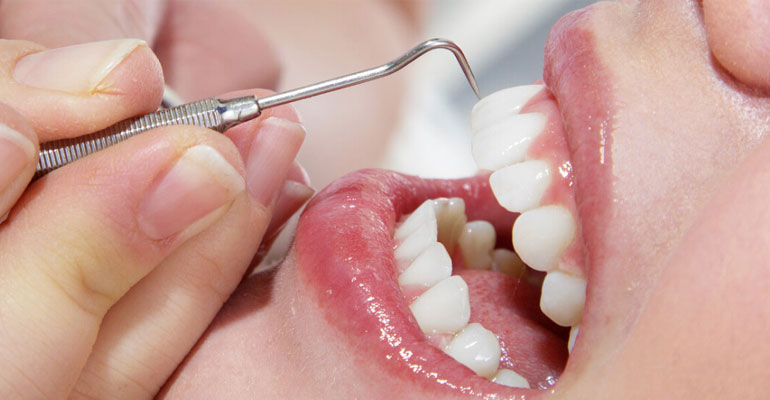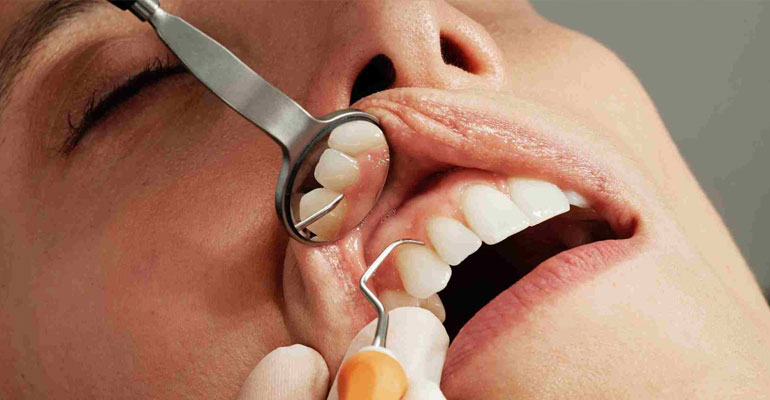Teeth Cleaning
Regular teeth cleaning is a fundamental aspect of maintaining optimal oral health. It not only contributes to a bright and confident smile but also plays a crucial role in preventing dental issues such as cavities, gum disease, and bad breath.


Procedure Overview:
1.Dental Examination:
Before the cleaning, a dentist or dental hygienist will conduct a thorough examination of the teeth and gums. This may involve X-rays to identify any underlying issues.
2.Plaque and Tartar Removal:
Using specialized tools, the dental professional will carefully remove plaque and tartar from the surfaces of the teeth. Plaque is a soft, sticky film of bacteria, while tartar is hardened plaque that can't be removed through regular brushing.
3.Scaling and Polishing:
The dental professional may use ultrasonic scalers or manual scalers to remove stubborn tartar. Afterward, the teeth are polished to remove surface stains and create a smooth surface that is more resistant to plaque buildup.
4.Flossing:
Flossing is an essential part of the cleaning process. It helps remove plaque and debris from between the teeth and along the gumline, where toothbrushes may not reach effectively.
5.Fluoride Treatment (Optional):
Some dental cleanings include a fluoride treatment to strengthen the enamel and provide additional protection against tooth decay.
Benefits of Teeth Cleaning:
1.Prevention of Cavities:
Regular cleanings help remove plaque, which, if left unchecked, can lead to the development of cavities.
2.Gum Disease Prevention:
Cleaning removes bacteria that contribute to gum disease, helping to prevent gingivitis and periodontitis.
3.Fresh Breath:
Cleaning reduces the buildup of bacteria that can cause bad breath, leaving the mouth feeling clean and fresh.
4.Early Detection of Issues:
Routine cleanings provide an opportunity for the dentist to detect early signs of dental problems, allowing for timely intervention.
Maintaining Oral Health at Home:
While professional teeth cleaning is crucial, maintaining good oral hygiene practices at home is equally important. This includes regular brushing (at least twice a day), flossing, and using an antiseptic mouthwash as recommended by the dentist.
